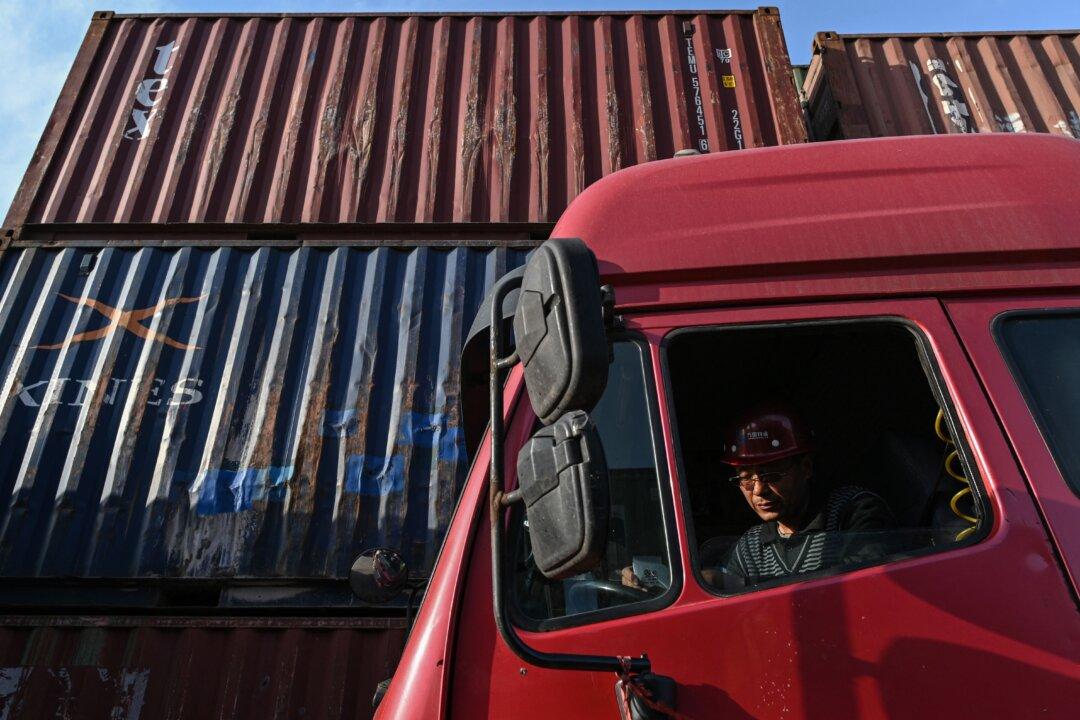A truck driver had committed suicide at a checkpoint after he was fined $305, when the truck’s China-made Beidou navigation system (BDS) receiver failed on April 5.
His brother, also a truck driver, talked to Chinese media on April 6 about how a driver can’t fix the BDS receiver. Nonetheless, the Chinese regime fines truck drivers for all possible reasons, making a driver’s life tough and harsh.





